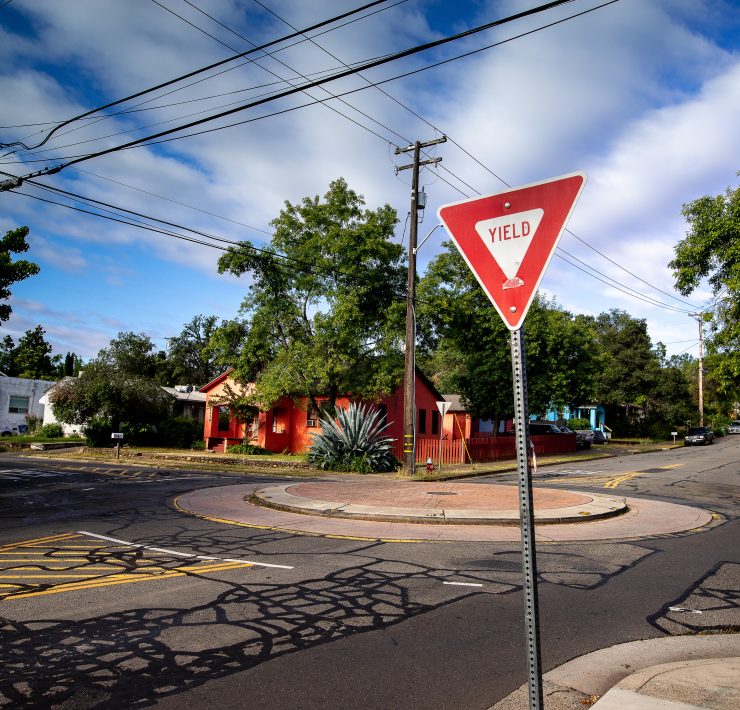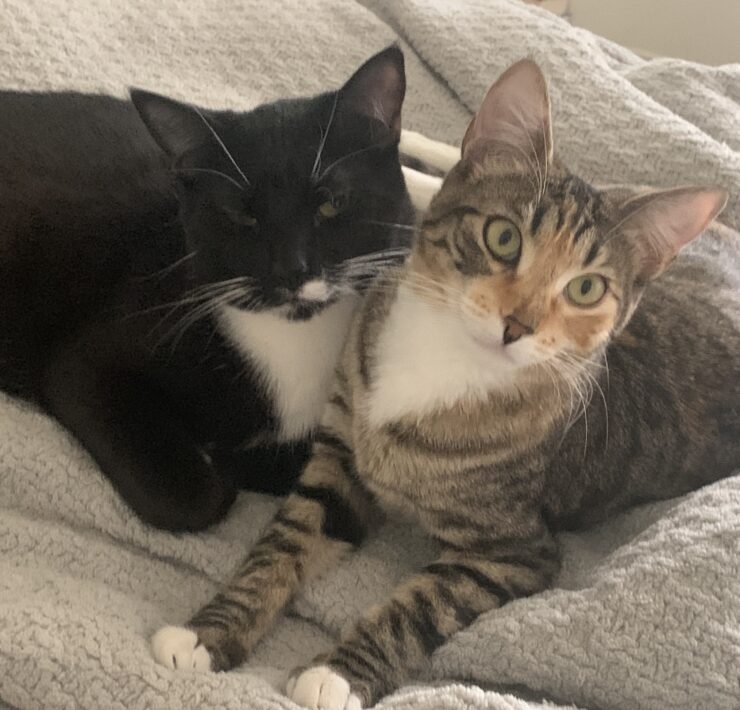Dealing with deceit

Dear Brent,
Why are there so many liars in the gay community? There are many times where someone seems really great, but after a while, they start showing all of these messed up behaviors. It makes me wonder if I am blind, or if they truly are really good liars?
It is interesting to think that the straight stereotype of gay people is that they encompass beauty, compassion and intelligence. A gay man is often thought of as financially and emotionally stable with strong morals and integrity. For many of us, we realize that this most assuredly is not always the case. In many aspects, the gay community can demonstrate plenty of physical beauty, but inside there are many aspects that can make us quite ugly.
I think people will agree that growing up gay makes us really good at playing games of deceit. Depending on where and how we grew up, the world may not have been the most supportive place to come out in. All too often, we have had to lie to our parents, peers, authority figures, past partners or ourselves to be protected from real or imagined violence, judgment or blows to our self-esteem.
The goal is to eventually emerge from this personal turmoil to become comfortable and proud of our sexuality and individuality. But, as it turns out, when we come out sexually, we also come out being somewhat damaged from past experiences.
A good number of people in the gay community have taken the time and opportunities to work through their feelings of shame and weakness as they utilize supportive friends or even a great counselor. Yet people tend to feel that they need to create a persona or change how they present themselves to society in order to “fit in” or get what they want.
There is also a high prevalence of people who feel so insecure in their lives that they enter a battle of lies. They may even “get off” knowing they have
influence over someone else’s feelings and choices. This insecurity can lead an individual into controlling and abusive behaviors including threats, violence, withholding love, causing public scenes and being overly dramatic in a relationship.
One of the most public (and sometimes private) ways our insecurities can be expressed is in the use and abuse of alcohol, drugs, sex and other addictive behaviors that cause our relationships and lives to fall apart. When someone tries to counteract feelings of shame and insecurity through these self-medicating crutches, they rarely emerge a healthier person.
Unfortunately, things need to completely fall apart before an individual will seek help. In the process, a person will often pull away from their support systems. None of these negative behaviors will improve a broken person’s confidence, but rather will have a profoundly destructive impact on their friend’s and partner’s self-esteem, emotional health and feelings of stability.
When pursuing any relationship, take the time to get to know each other. Work on good communication and be honest. Don’t let the “honeymoon” phase consume you to where you aren’t open to working out arguments. It is an unrealistic expectation, and you will eventually become disappointed when differences and arguments do come up.
Be true to yourself and with your partner about the challenges in your relationship, and find healthy ways to communicate them.
Don’t let negative relationships instill fear of reaching out and finding a great connection. If you believe that being in an unsupportive relationship is better than being single, then take time to understand why and how you’ve developed these unhealthy patterns. If you’re lonely and desperate for love, you may not be in the right state-of-mind to choose a quality relationship.
The best way to protect yourself is to become aware of your own expectations, beliefs, values and boundaries. Communicate them to your friend, trick, date or partner as directly and honestly as possible. And stick to your guns.
What is important to understand, is that no relationship is without conflict.
Life is also too short to waste time “taking on a project,” and trying to change someone. People change because they want to, not because you do. Instead of focusing on “fixing” these people, work on repairing aspects of yourself that you feel keeps you from living the life you love.
What's Your Reaction?
Columnist Brent Heinze is a licensed professional counselor in private practice who works with adults, adolescents, and families. He has worked with The Denver Element and S-CAP to provide grant funded programming for gay men in Denver and Colorado Springs. He currently lives in Palm Springs, CA. Reach him by email at clubtoxic@yahoo.com.










